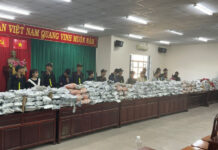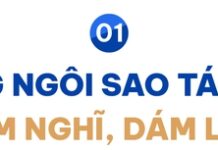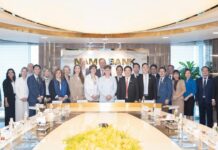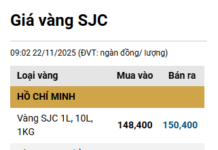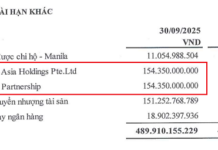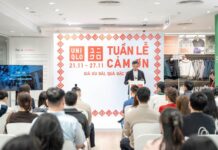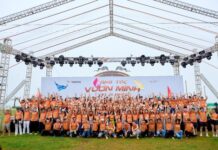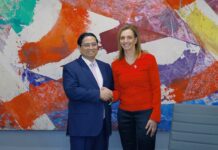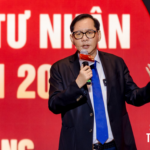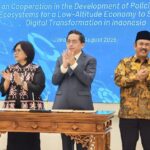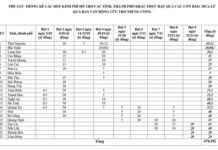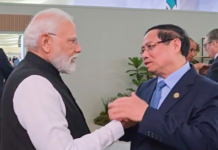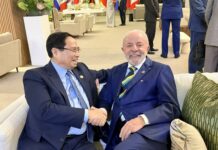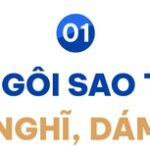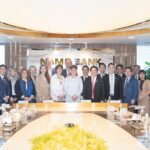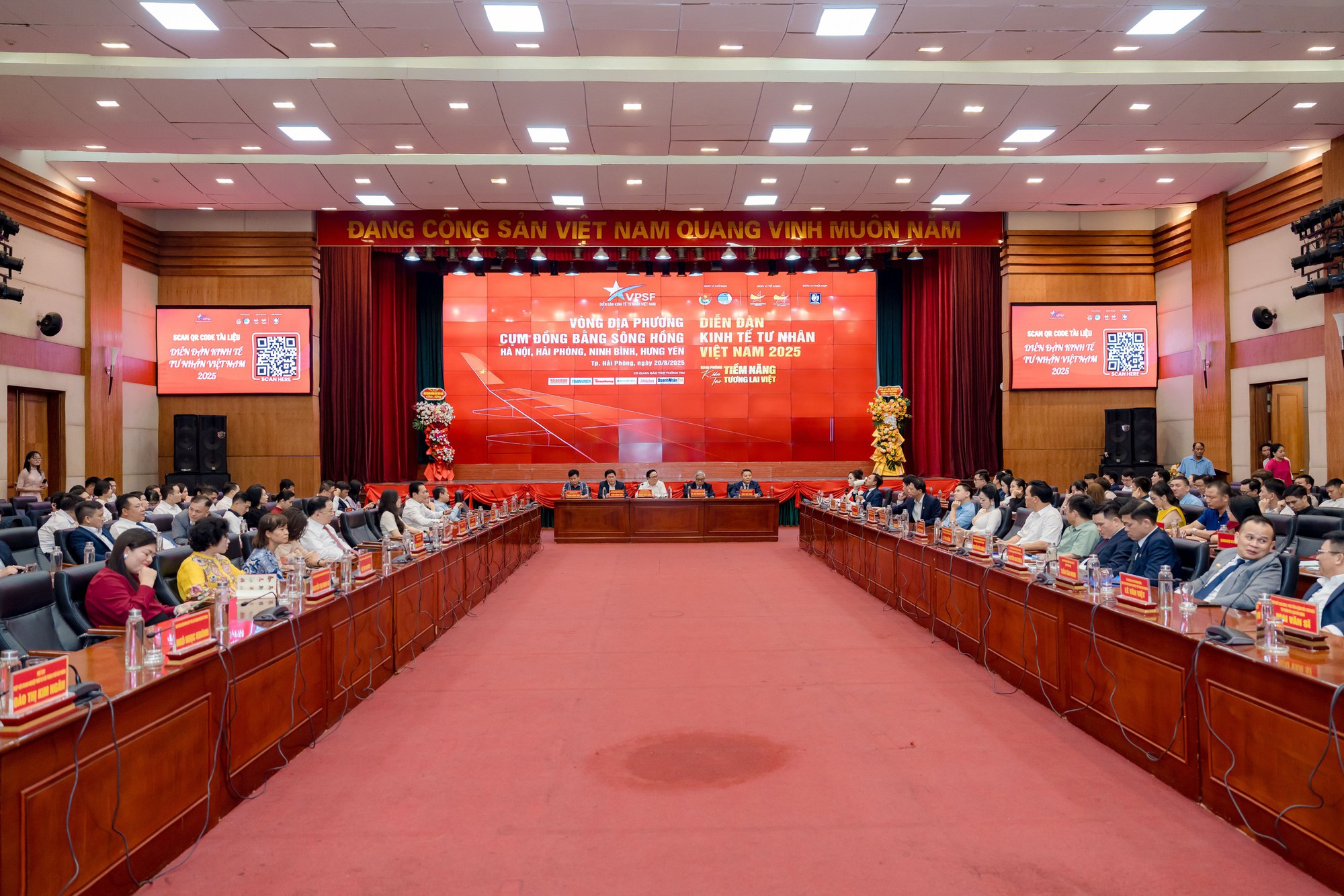
On August 20th, the Vietnam Private Sector Economic Forum 2025 (VPSF 2025) continued with its eighth local dialogue session in the Red River Delta cluster, held in Hai Phong city. VPSF 2025 is chaired by the Vietnam Young Entrepreneurs Association.
Speaking at the conference, Mr. Bui Duc Huy, Standing Member of the Executive Committee and Head of Finance of the Hai Phong Young Businesspeople Association, and Director of Tan Thuan Phong Co. Ltd., shared that family enterprises are a “special cell” in Vietnam’s economy. Currently, over 70% of family businesses contribute significantly to the country’s GDP and create millions of jobs.
However, Mr. Huy pointed out that the weakness of family enterprises lies in their decision-making process, which is often concentrated and highly flexible but may lack transparency. This is because they usually start as small businesses relying on self-funded capital and the trust of family members.
Many family businesses have successfully adopted digital transformation models, such as TikTok Shop, tripling or even increasing their revenue tenfold within a few months. However, when implementing digital transformation, they are often concerned about the costs and are reluctant to embrace transparency. As a result, they may unintentionally engage in opaque practices, leading to legal risks and tax evasion.
Regarding Resolution 59 on Integration and Inward Internationalization, Mr. Huy highlighted that it presents a significant opportunity for traditional family products, from coffee and rice to ceramics and textiles, to enter the global market. He cited successful Vietnamese enterprises that have made their mark globally, such as May 10, which began as a family-owned workshop and has now established itself in Europe and the US. Other notable examples include leading companies like Trung Nguyen Coffee and the conglomerate VinGroup.
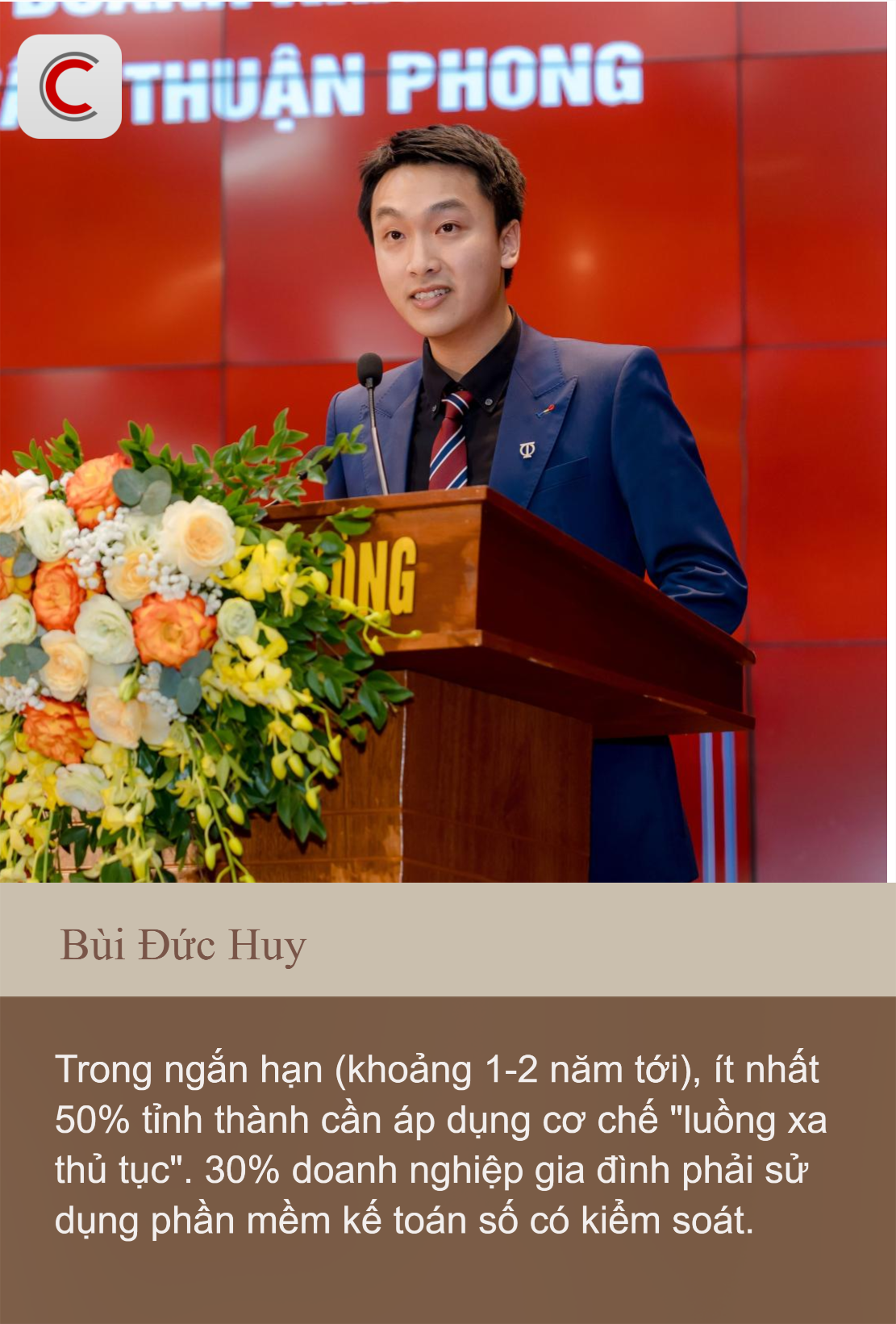
Mr. Huy referenced international experiences in supporting the development of family businesses. In Germany, the “Mittelstand” model, which comprises 90% family-owned SMEs, has become a high-tech export pillar thanks to transparent governance and substantial investment in research and development.
In South Korea, conglomerates like Samsung and Hyundai, which started as family businesses, received continuous government support and have since become global powerhouses. Similarly, Italian brands such as Gucci, Prada, and Ferrari have maintained their family essence while internationalizing their governance and building globally recognized brands.
Drawing from these examples, Mr. Huy emphasized that the key takeaway for Vietnam is that family enterprises can retain their cultural identity but must professionalize to compete internationally. He suggested that the government should focus on creating an enabling environment by streamlining legal frameworks, providing financial support, fostering human resources, and stimulating market demand.
Additionally, family businesses need to embrace transparency, innovation, and ambitious thinking. Mr. Huy expressed his belief that if these conditions are met, Vietnam could witness the rise of its own “Samsung,” “Gucci,” “Prada,” and “Mittelstand” in the coming decade.
In the short term (1-2 years), Mr. Huy proposed that at least 50% of provinces and cities should implement a “green channel procedure” mechanism. He also recommended that 30% of family enterprises adopt controlled digital accounting software.
For the medium term (3-5 years), the goals are to have 30% of exporting enterprises obtain ESG/ISRIS certification and 50% of enterprises allocate a minimum of 1% of their revenue to research and development (R&D).
Looking towards the long term (5-10 years), Mr. Huy suggested that the government establish integration support funds for enterprises and subsidize 50-70% of certification costs. He also proposed supporting transparency efforts by partially subsidizing certification costs, reducing trademark registration fees, and providing accounting and auditing vouchers.
“Vietnamese Family Businesses Can Be the Next Samsung, Gucci, or Mittelstand with Transparent Governance”
The young entrepreneur believes that family-run businesses need to break free from the “informality trap” to go global.
Mr. Tran Le Nguyen: Kido Harnesses the Power of AI for Round-the-Clock Sales, Transcending the Need for KOLs and KOCs
“The leadership at Kido Group attests to the power of their digital transformation strategies, claiming a remarkable 70% savings in time and costs compared to traditional sales and marketing methods. This forward-thinking company is revolutionizing the industry with its innovative approach, harnessing the potential of technology to streamline processes and achieve unprecedented efficiency.”
Unveiling Vietnam’s Largest Rack Capacity Data Center: FPT’s 10,000 Sq. M State-of-the-Art Facility
FPT Fornix HCM02 is an impressive data center facility, spanning 8 floors and boasting a total area of 10,000 square meters. With a massive capacity of 3,600 racks, this state-of-the-art center is designed to meet the ever-growing demands of the digital age.




